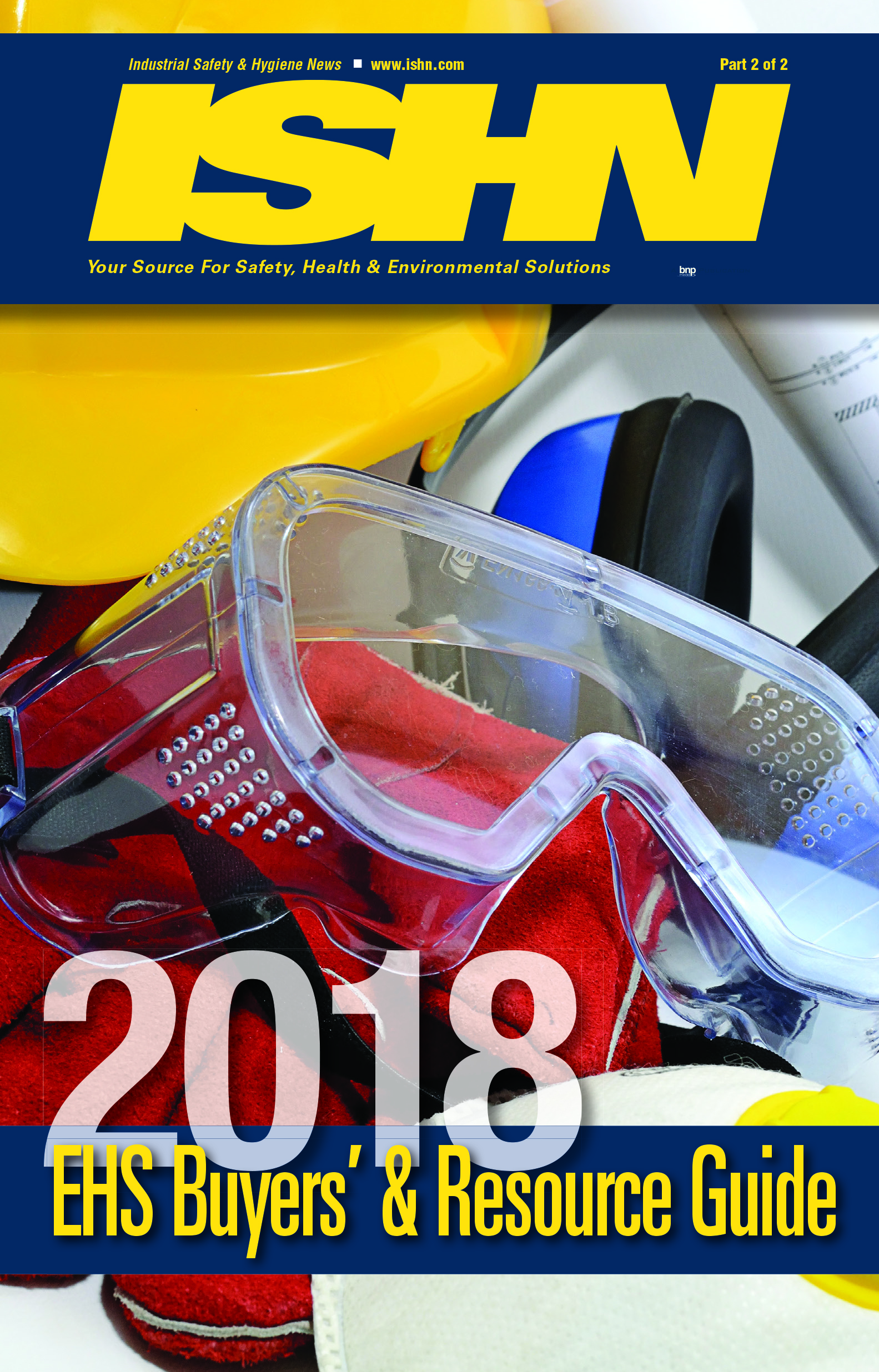Oil industry produces human rights guide
“It is imperative that we conduct business in a responsible way”

 An oil and gas industry group has produced a new guide that offers practical advice on how human rights can be integrated into environmental, social and health impact assessments (ESHIAs) for oil and gas sector projects.
An oil and gas industry group has produced a new guide that offers practical advice on how human rights can be integrated into environmental, social and health impact assessments (ESHIAs) for oil and gas sector projects.
IPIECA, the global oil and gas industry association for environmental and social issues, says the guide is the product of a collaborative effort by impact assessment experts from global oil and gas companies brought together by IPIECA and human rights practitioners from the Danish Institute for Human Rights.
“Working together, they have attempted to bridge the gaps in terminology, processes and approaches between the ESHIA and human rights impact assessment communities,” according to the IPIECA. The guide is intended for industry ESHIA practitioners and consulting firms.
In addition to providing a brief introduction to human rights, the Guide explains why it is important for the sector to consider the potential human rights impacts of its projects and activities. It identifies its three main objectives as:
- fostering the inclusion and, wherever appropriate, the integration of human rights into ESHIAs conducted for projects undertaken by the oil and gas industry;
- providing human rights insights on the key process steps in international standard ESHIAs, and
- providing a new practical reference point in an evolving field of assessing human rights impacts.
'Our industry operates in complex environments where human rights issues are a central concern,” said Brian Sullivan, IPIECA’s Executive Director. “It is imperative that we conduct business in a responsible way.”
Sullivan said the guide would help manage issues such as workforce health, safety and welfare, and the potential impacts of the industry’s activities on local communities.
Looking for a reprint of this article?
From high-res PDFs to custom plaques, order your copy today!




